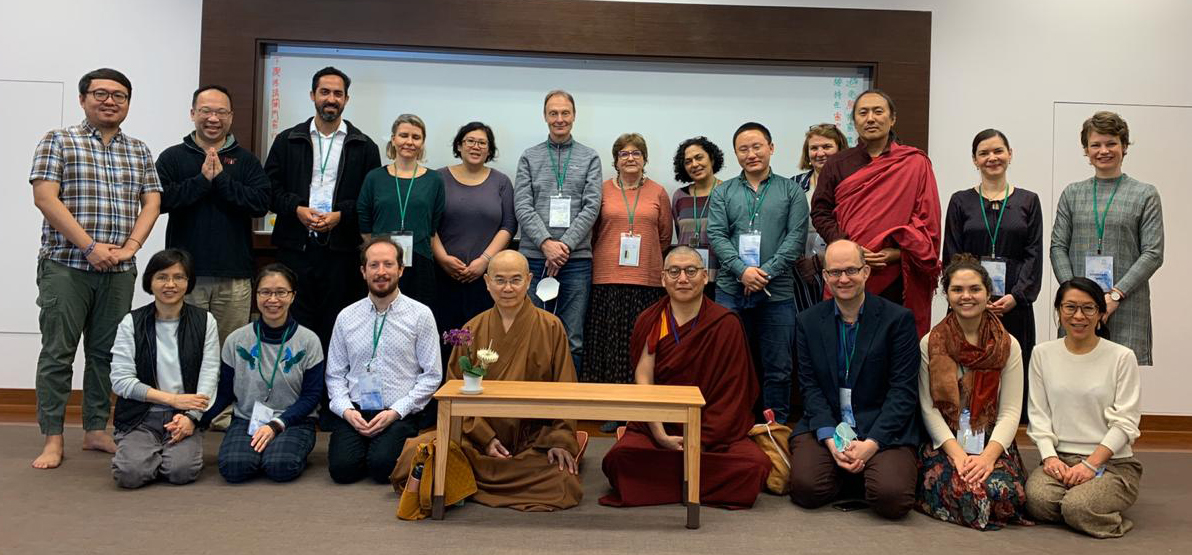
The Milinda Program

Conceived as a 10-year contemporary shedra for Westerners, the Milinda Program was created to ensure that the dharma taught in the future is authentic and powerful. The program aims to create a core training curriculum for dharma teachers and to set a common standard for teaching outside of Buddhist institutions. Western instructors from different sanghas have committed to gather for 3 months every year for in-person and online training and to study individually throughout the year.
Rinpoche named the program after the Bactrian Greek King Milinda (Menander I; c. 165–130 BCE), who ruled over a region encompassing parts of modern India, Pakistan, and Afghanistan. King Milinda is known both as a philosopher and as a general. In a dialog with the Buddhist monk Nagasena, the king asked about complex points in the Buddhist teachings. Their discussion is recorded in the Pali text Milindapanha, “The Questions of King Milinda,” which is the first historical evidence of dialog between Eastern and Western thought. In a similar way, today’s Milinda Program aims to bridge Buddhist thought and modern (Western) ways of thinking, as well as traditional and contemporary methods of teaching.
Each year, the group focuses on a new topic. The group first assembled in early 2017 in Pharping, Nepal, where they received condensed teachings on four Madhyamaka texts, each taught by a different khenpo or geshe representing one of the four Tibetan schools. The second gathering was held at Deer Park Institute, Bir, in northern India, where the study concentrated on logic and epistemology. In the third year the group traveled to Chagdud Gonpa in Brazil, to focus on Abhidharma.
The following year, 2020, the Milinda trainees convened in Taipei, Taiwan, primarily at Dharma Drum Mountain monastery. Here, they investigated the rich content of the paths and bhumis as presented in the treatise Abhisamayalamkara, “The Ornament of Clear Realization,” which they went through three times under the guidance of three Tibetan and Western teachers.
The fifth and sixth years’ teachings were held solely online. In Year 5 the students dived deeper into epistemology and logic, the detailed classifications of mind, and the Yogachara school, taught exclusively by Western teachers. Year 6 emphasized the traditional approach to the Vinaya and a detailed study of the Three Vows from the Nyingma and Sakya perspectives.
In the seventh year, 2023, the group traveled to Rangjung Yeshe Institute (RYI) in Kathmandu, Nepal, to revisit the profundity of Madhyamaka, studying both Nagarjuna’s fundamental text and Shantideva’s celebrated wisdom chapter with two Western professor-practitioners. The eighth gathering was held at Buddha Pada Institute in Kalimpong, northeast India, where the previous studies were reviewed and synthesized in the first month. The next 2 months were then dedicated to gaining an in-depth understanding (both intellectually and meditatively) of Buddha Nature.
The Milinda Program perspective on study is experimental and innovative, replacing the traditional shedra method of going through a text line by line and instead using a more contemporary approach to scholarship that emphasizes self-study, interactive discussion, and essay writing. This cycle’s training will conclude at the end of 2026.




